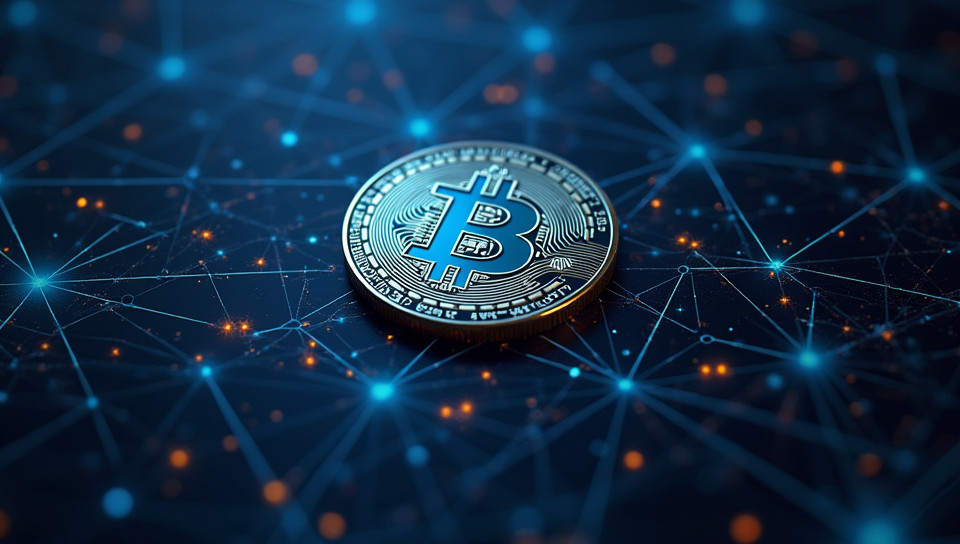Decentralized finance operates on blockchain 89%

Decentralized Finance: A New Era of Financial Transparency
The traditional financial system has long been plagued by inefficiencies, corruption, and inequality. But what if there was a way to create a more transparent, accessible, and equitable financial system? Enter decentralized finance (DeFi), a revolutionary concept that operates on the power of blockchain technology.
The Birth of Decentralized Finance
Decentralized finance is an emerging field that seeks to disrupt the traditional banking system by providing secure, transparent, and permissionless lending, borrowing, and trading of assets. By leveraging the distributed ledger technology of blockchain, DeFi platforms aim to eliminate intermediaries, reduce transaction costs, and increase financial inclusion.
How Does Decentralized Finance Operate on Blockchain?
Decentralized finance operates on a decentralized network of nodes that validate transactions through a process called consensus. This ensures that all transactions are secure, transparent, and tamper-proof. The blockchain ledger serves as an immutable record of all transactions, allowing for real-time tracking and verification.
Benefits of Decentralized Finance
- Increased financial inclusion: DeFi platforms can reach underserved communities and provide access to financial services that were previously unavailable.
- Reduced transaction costs: By eliminating intermediaries, DeFi platforms can reduce transaction fees and increase the speed of transactions.
- Improved security: The decentralized nature of DeFi platforms makes them more secure than traditional banking systems, which are vulnerable to hacking and cyber attacks.
Challenges Facing Decentralized Finance
While DeFi has shown great promise, it is not without its challenges. Regulatory uncertainty, scalability issues, and the need for user education are just a few of the obstacles that DeFi must overcome in order to achieve mainstream adoption.
The Future of Decentralized Finance
Despite these challenges, the potential of decentralized finance is vast. As blockchain technology continues to evolve, we can expect to see more sophisticated DeFi platforms emerge, providing new opportunities for financial inclusion and growth. Whether you're a seasoned investor or just starting out, decentralized finance is definitely worth exploring.
In conclusion, decentralized finance has the power to revolutionize the way we think about money and financial services. By harnessing the power of blockchain technology, DeFi platforms can provide secure, transparent, and accessible financial services to people all over the world. As the DeFi space continues to grow and mature, it will be exciting to see how this new era of financial transparency unfolds.
- Created by: Dhruv Kumar
- Created at: Dec. 11, 2024, 11 a.m.
- ID: 16567
